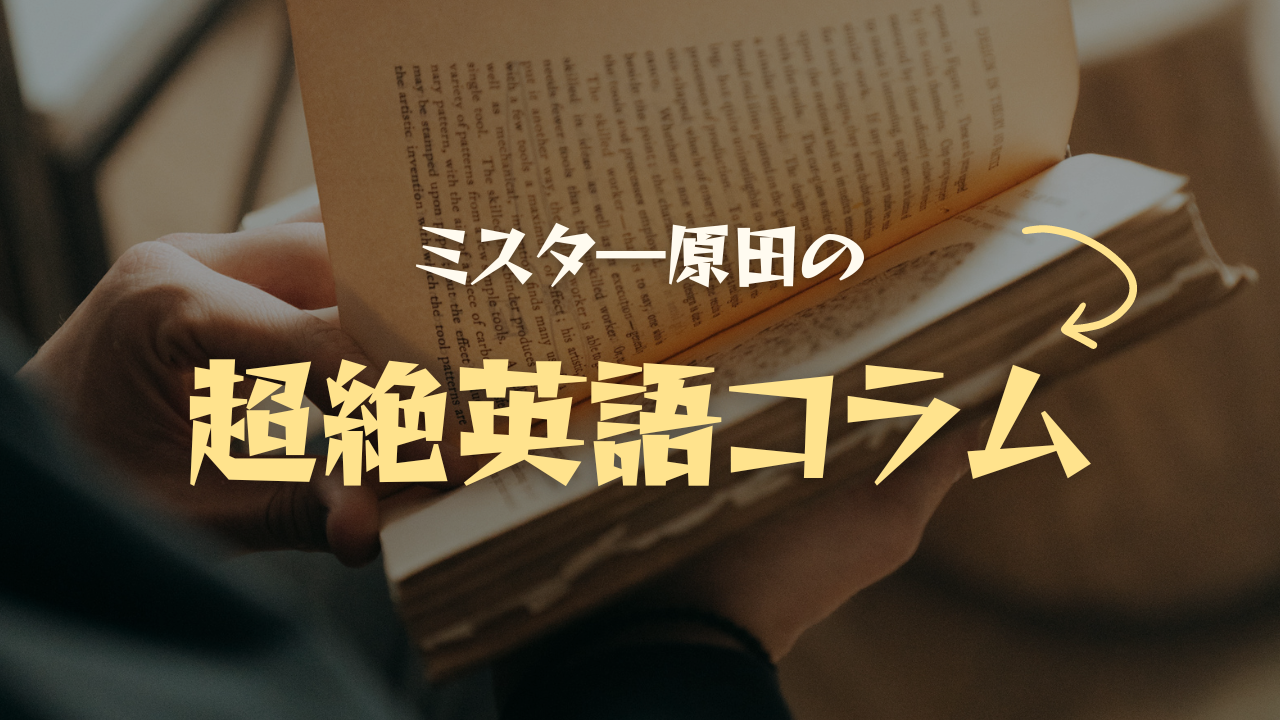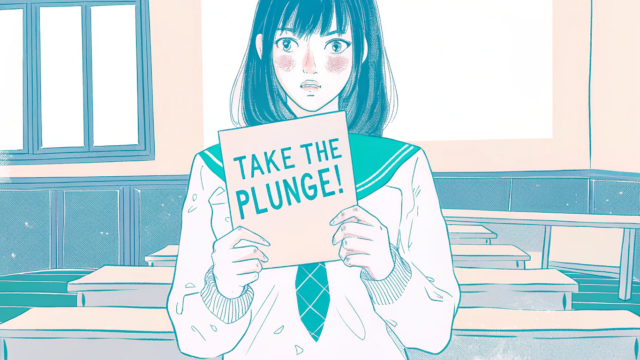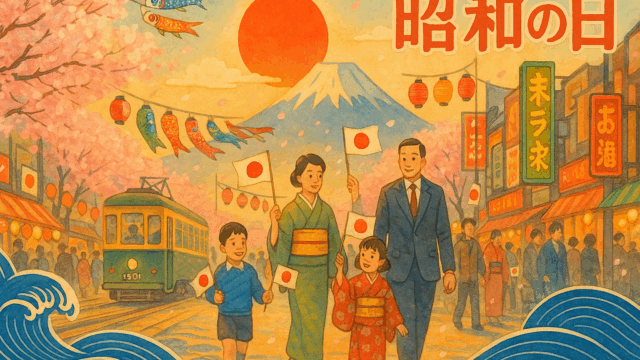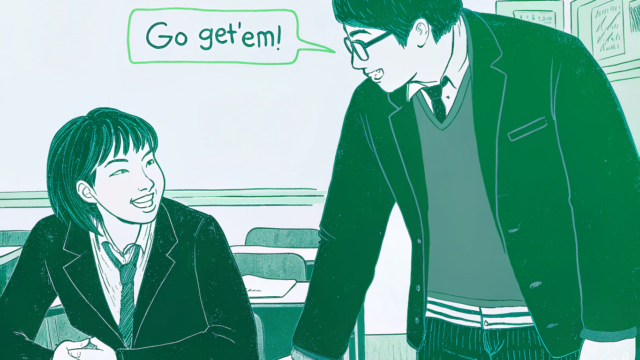
「気づくのが遅いアメリカ人」・・・Better late than never.の意味は?
英語には「better late than never(ベター・レイト・ザン・ネバー)」という興味深い表現がある。直訳すると「遅くても、全くないよりはマシ」となるが、実際には「遅れてでも行動を起こすことの重要性」を強調する言葉だ▼最近、あるX投稿が話題を呼んでいる。「ここ数年、アメリカでも靴を脱ぐ家が増えて、かなり一般的になりました。理由は家の中が汚れるから。気づくの遅い。」というものだ。まさに「better late than never」の状況と言えるだろう▼確かに、日本人の感覚からすると、家の中で靴を履くことは衛生面で問題があると考えるのが自然だ。しかし、文化の違いは時に盲点となる。アメリカでは長年、室内での靴の着用が当たり前とされてきた▼この習慣の変化は、「penny dropped(ペニー・ドロップド)」という表現で表せるかもしれない。これは「やっと理解した」という意味のイディオムだ。まるで古い自動販売機でコインがゆっくりと落ちていくように、アメリカ人の間で靴を脱ぐことの利点が徐々に認識されてきたのだろう▼もちろん、すべてのアメリカ人がこの新しい習慣を採用しているわけではない。「old habits die hard(古い習慣は簡単には消えない)」という言葉通り、文化の変容には時間がかかる▼しかし、この変化は単なる衛生面の改善だけでなく、異文化への理解や柔軟性の向上を示しているとも言える。グローバル化が進む現代社会において、こうした文化的な「気づき」は、たとえ遅くても、非常に価値があるものだ。アメリカ人の「遅い気づき」は、実は文化的進化の一歩なのかもしれない。

【英語訳】
“Americans Who Are Slow to Realize”
There’s an interesting English expression: “better late than never.” While it literally translates to “it’s better to be late than to never arrive,” it actually emphasizes the importance of taking action, even if delayed.
Recently, an X (formerly Twitter) post has been causing a stir. It states, “In recent years, more homes in America have started removing shoes indoors, becoming quite common. The reason? To keep the house clean. They’re slow to realize.” This situation perfectly exemplifies “better late than never.”
Indeed, from a Japanese perspective, wearing shoes indoors naturally seems problematic in terms of hygiene. However, cultural differences can sometimes create blind spots. In America, wearing shoes indoors has long been the norm.
This change in habit could be described using the idiom “the penny dropped,” meaning “to finally understand.” Just as a coin slowly falls in an old vending machine, Americans seem to be gradually recognizing the benefits of removing shoes indoors.
Of course, not all Americans have adopted this new habit. As the saying goes, “old habits die hard,” and cultural changes take time.
However, this shift demonstrates not only an improvement in hygiene but also an increase in understanding and flexibility towards different cultures. In our increasingly globalized society, such cultural “realizations,” even if delayed, are extremely valuable. The “slow realization” of Americans might actually be a step towards cultural evolution.







